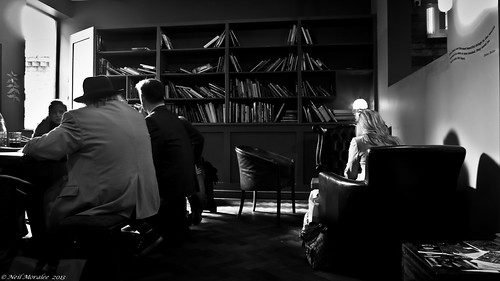
In my mind the primeconf online dating talk has a lot of parallels with what I have been looking at in regards to the different stacks and data ethics.
One of my biggest posts was one about the 5 stacks after listening to Bruce Sterling’s talk at SxSw interactive in 2012. But came across a really interesting piece while looking into the Google IO.
Its time to choose your religion, Android or iOS?
It’s impossible for Google or Apple to introduce a new feature, let alone a whole new revision, to their mobile operating systems without it instantly being compared to the other’s alternative. The sparks that inflame heated discussions about who’s got the better notifications or smarter multitasking come right from the top of both companies. While unveiling Android L yesterday, Google’s Sundar Pichai took a subtle dig at Apple’s new iOS 8 by saying that custom keyboards and widgets “happened in Android four to five years ago.”
Of course this also applies to Amazon with their recent Firephone, Microsoft with Windows Phone and somewhat Facebook too.
Frankly the copying of each other is boring and getting tiresome. But regardless my bets are still with Google. Although I won’t lie, Google Fit although a better thought out proposition than Apple’s Healthkit, worries the heck out of me. Can you even imagine the insane algorithms which will be built?
Although not a foil hat wearing person, I will say I’m one of those people who removing Moves app from my Nexus5 when Facebook bought them. And that was for a subset of personal data! I didn’t even stick around to see the EULA change because I had a idea of what they might do with that data.
Life will surely be sweeter once every gadget you own relates intelligently to every other, but to get there, you’ll have to decide where your loyalties lie. And the fact that both Android and iOS platforms are set for their biggest updates in years this fall means that the obsessive comparisons between them will be as salient as they’ve ever been. More than ever, your smartphone preference will dictate your choice of tablet, TV, car, watch, and even fitness tracker.
Its a shame things are this way. For example even Ubuntu are following this route with their Ubuntu Cloud, Phone,Tablet, etc. Whats driving all this besides the money, massive collections of data and customer lock in? User experience…
Last year when Aral gave his talk at Thinking Digital about user experience, I was up in arms again (seems everything Aral says, I tend to get up in arms about).The notion of a single user experience winds me up. Each user (in lui of a better word, citizen, person, etc) is different and although you can build experiences for a bulk of people, we have the technology and experience to build but enlightening and masterful experiences which don’t trap users in a silky web, where you can only emerge a little lighter in regards to personal data.
What Apple and Google are building is what Nike, Adidas, and all the fashion brands wish they had: a set of concrete reasons to compel people to use one company for all their needs. It’s brand loyalty based on practicality as much as emotional attachment.
There has to be a better way right? Absolutely!
The utopian scenario would be to have one global ecosystem where the communication between Apple and Google was about device interoperability instead of trash talk among execs. In its absence, a few sprouts of hope come from companies like Nike and the Google-owned (but still independently operated) Nest.
Yes, the utopian scenario is what we should be working towards and to be fair, many are. However its very complex to build a excellent user experience across different data sets, APIs and services. Its alot easier to just build your own and force the user experience you think people should have. As Ade said, people’s enthusiasm for federated decentralised $WHATEVER tends to be very low. I imagine its ever lower when considering the user experience. Getting things working technically is hard enough, so the user experience tends to get shuffled into a later position. I do agree with Aral on this. I would also agree this is part of the reason why the stacks are able to increase their lead and dictate the terms which suit their business model.
The old specter of Apple’s walled garden remains. And the more unified Google becomes, the more it’s beginning to resemble it. The difference with the latest software from both, however, is in the scale of the closed ecosystems that are being built. They are, by design, big enough to fit your whole life into. While the next phone you buy might not last much longer than a couple of years, the ecosystem it plugs and locks you into will likely be the one you use for a long time to come.
I would say its not just about choosing wisely, but also choosing wisely what you do on their platform. Its clear things are more difficult as a result of not being all in with one of the stacks but for the inconvenience and pain of wiring up your own solution between the gaps. It may in years to come make all the difference?











